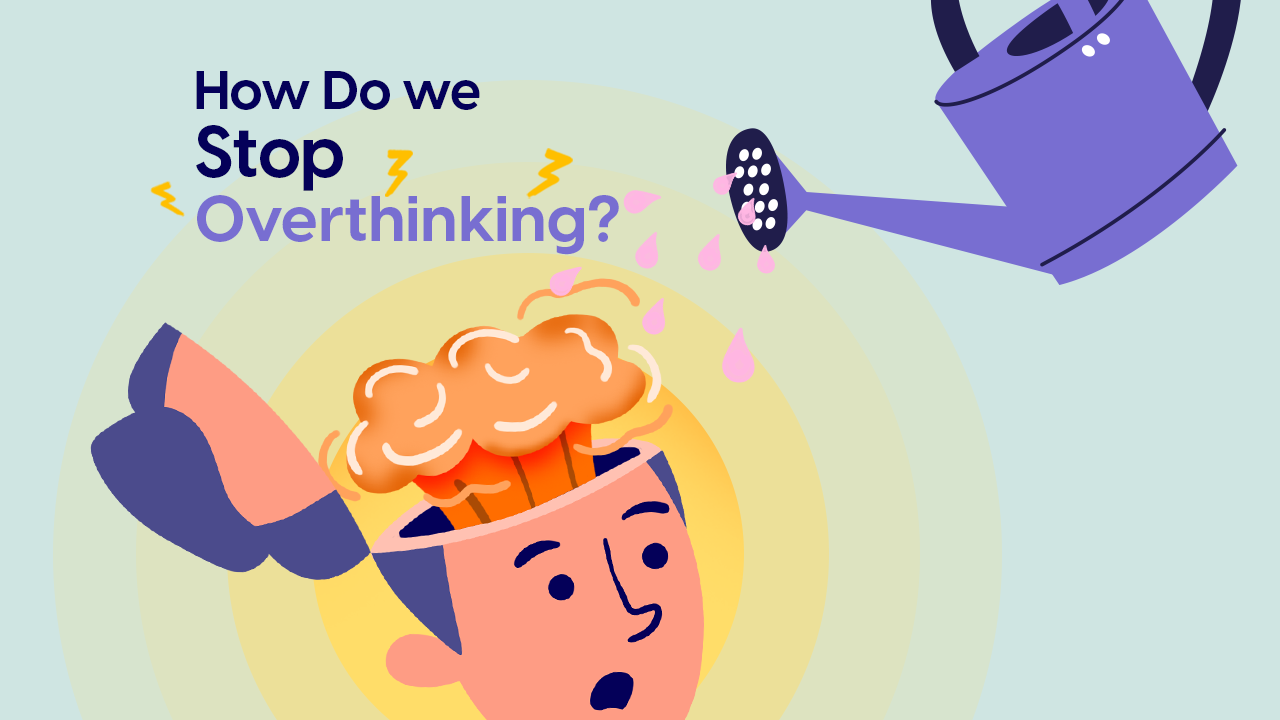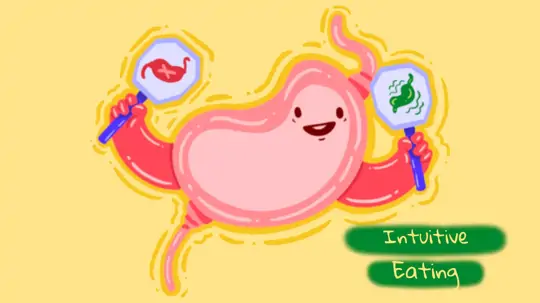
Start feeling better today!
Connect with your therapist today and take control of your life like our 850.000 happy clients.
Get StartedOur brain produces hundreds of ideas every minute and allows us to think about a subject. Excessive and continuous thinking has an impact on our physiological needs as well as our ability to make critical decisions. Our "inner voice" speaks continuously when we are left alone. Overthinking may result in a waste of time, energy, and attention, as well as the difficulty of making forward-looking decisions. So, how do we know when we're overthinking? You may be overthinking if you are constantly thinking about what to say or how to react rather than the topic being spoken, if you are unable to focus on the topic because you are preoccupied with your thoughts, if you constantly think about the past and replay the same events in your mind, and if you create negative scenarios and worry about the future. As an example, consider a discussion with family members. An overly detailed individual may be inclined to ponder over who is right or wrong in an argument, or what might be said to be justified.
One of the most common problems when it comes to overthinking is insomnia. Research shows that constant thinking makes it difficult to fall asleep because the mind is preoccupied with many ideas. Overthinking can negatively affect the psychological state of a person as well as reduce their quality of life. In particular, the act of thinking long and hard is very common in psychological problems such as anxiety and depression. According to a study, overthinking can be seen as both a cause and a result of psychological problems. As an example, let's say you are a teenager with test anxiety. Because this teenager has test anxiety, he tends to overthink exams. At the same time, because of overthinking, test anxiety increases.
How to deal with overthinking?
Concretize your thoughts
Negative thoughts are built on assumptions and trigger anxiety. It can be useful to concretize them so that you are aware that these thoughts do not always reflect the truth and that they are not real. You can make your thoughts visible by listing them. In this way, you have the opportunity to question the realism of our concerns, and you will see your unrealistic concerns in a concrete way. For example, you constantly think that you are a person who is afraid to speak in public and that the people around you will laugh at you and make fun of you when you speak. Listing the reasons that make you think about this situation may indicate that your anxiety is contradicting what is actually happening and that you should treat your thoughts as "just a thought."
Set a time to think
You can delay negative thoughts for a while by setting aside time to think. By procrastinating, you both reduce the effect of negative thoughts and restrict thinking to a certain time. For example, imagine that you have an article to write and your mind is constantly preoccupied with thoughts about the past. In this way, you are signaling to your brain that for every thought that comes to mind, "I must wait for the time to think." In this way, you can focus on the work you are going to do at the moment and spend your time more productively.
Focus on the solution
Many people are aware that they are overthinking, yet this awareness might worsen their anxiety. Being aware of the fact that regretting the decisions we made in the past is not a solution is a sign of a healthier thought process. On the other hand, we tend to ask questions like "What would have happened if it wasn't like that?" "Shouldn't I have acted like this and that?" Generating scenarios such as retrospective inquiries can lead us to overthink the person. Producing forward-thinking solutions will always be more advantageous to us.
Replace thinking with activity
Doing an activity that you enjoy and that will relax your mind can help you cope with negative thoughts. For example, reading a book, dancing, listening to music, playing an instrument, or doing sports are some of them. It can be comforting to take a break from the thoughts that keep you busy and spend your time and energy on the activities you love instead.
References
Lightsey OR, et al. (2012). Can positive thinking reduce negative affect? A test of potential mediating mechanisms. Journal of Cognitive Psychotherapy: An International Quarterly, 26(1): 71–88.
Michl, L. C., McLaughlin, K. A., Shepherd, K., & Nolen-Hoeksema, S. (2013). Rumination as a mechanism linking stressful life events to symptoms of depression and anxiety: longitudinal evidence in early adolescents and adults. Journal of abnormal psychology, 122(2), 339.
Thomsen DK, Mehlsen MY, Christensen S, Zachariae R. Rumination—relationship with negative mood and sleep quality. Personality and Individual Differences. 2003;34(7):1293-1301. doi:10.1016/s0191-8869(02)00120-4





